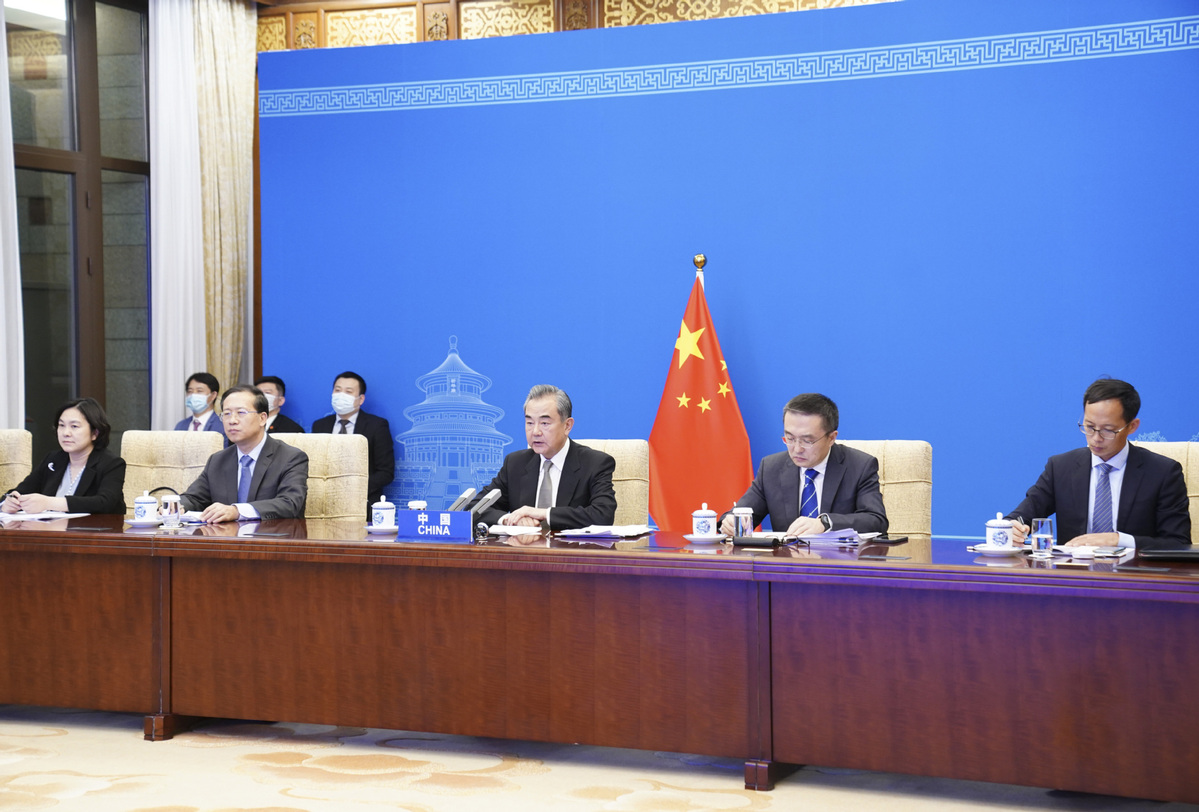Assistance vital to keep terrorism at bay: China Daily editorial


The Afghan Taliban's historical association with terror is no doubt an uncircumventable obstacle not only to its international recognition, but also to international initiatives to manage the ballooning humanitarian crisis in the Taliban-controlled Afghanistan.
The consensus the G20 countries reached at an extraordinary meeting on Tuesday to provide aid and help Afghanistan avert the unfolding calamity, however, demonstrates precious synergy that will serve both Afghanistan and the international community well. The military pullout of the United States and its allies left behind a crumbling Afghan state and economy. Decades of war, natural disasters and poor governance have thrown the country into a state of chaos, where jobs are rare and insecure, prices are soaring and even supplies of daily necessities are inadequate.
State Councilor and Foreign Minister Wang Yi, as a special envoy of President Xi Jinping, put forward four proposals, which emphasized the need for inclusive development in Afghanistan, and the elimination of terrorism. Helping the country weather the present crises will pave the way to achieving those mid- and long-term goals.
It is usually not that difficult to build an international consensus on the need to avert a humanitarian crisis. But it has been when it comes to Afghanistan. After all, few governments in the world are ready to recognize the Taliban government. With the militant group having secured national leadership, many countries are struggling with how to assist the Afghan people without recognizing the Taliban government.
The G20 extraordinary meeting, as the first truly multilateral response to the crisis in Afghanistan, therefore, was in itself a great accomplishment as it achieved a broad consensus on joining hands to meet the pressing needs identified there, which will prove instrumental in saving the struggling country from sliding into a humanitarian crisis.
European Commission President Ursula von der Leyen was correct in pointing out that "None of us has anything to gain if the entire monetary system in Afghanistan collapses or the financial system collapses." It is not only morally inappropriate for the world to look on as the country of 40 million descends into chaos.
It would create tremendous problems for the rest of the world if a fresh wave of refugees was to find its way out of the war-torn country. Not to mention the likelihood of Afghanistan again becoming a haven for cells of terrorists.
It may be impossible for the implementation of international humanitarian programs, even via the United Nations and other international organizations by bypassing the Taliban. Since the Taliban have called for international humanitarian endeavors to help the country and pledged cooperation, this will also be a test for them.
It is also an opportunity for the Taliban to show the rest of the world that they will be a constructive presence in post-war Afghanistan, and their words on reconciliation and goodwill can be trusted.


































